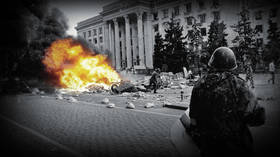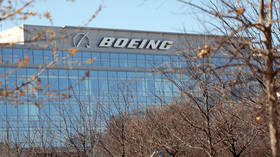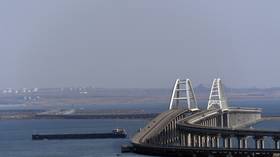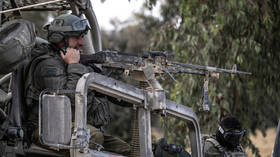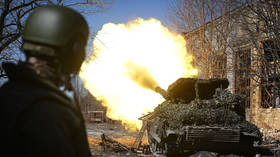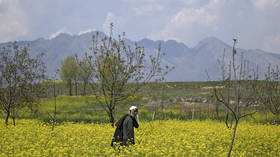Faulty chairs to blame for casualties in Russian train derailment – paper
A Russian newspaper reports that most of the fatalities in the recent Moscow-St. Petersburg train disaster were due to the inferior quality of chairs and their fittings.
Russian prosecutors have already launched a probe into the case and the authorities ordered the express train service between Moscow and St. Petersburg suspended .
In its Friday issue, Kommersant daily wrote that forensic experts investigating the derailment of the Nevsky Express train, which ran off the tracks after a bomb explosion on November 27, have established that the 26 victims were not killed not by the explosion, but were crushed to death by the train chairs, which tore from their fittings as the conductor applied the breaks and the cars hit several posts and crashed into the ground.
The paper quoted Aleksander Romanov, deputy head of the Tver Regional Bureau of Forensic Medicine as saying that “the causes of passengers’ deaths were the traumas received by hits, pressure and abrasion by blunt solid objects”.
The train was furnished with seats produced in Germany that are more comfortable than Russian models. However, these chairs are less solid – in the 2007 attack on the Nevsky Express, all Russian-made chairs remained in place and the crash did not end in a single fatality.
An official spokesman for the Russian Prosecutor General’s Office told reporters on Friday that her agency had launched a probe into the report and would check all certificates for the chairs and cars used in Russian high-speed trains.
The company that re-equipped the cars for the Nevsky Express said on Friday that its work had been duly checked and approved by government agencies. It also said that the chairs were built to withstand the 4G acceleration – the toughest standard in the world. The acceleration during the crash proved to be three times higher and this led to the casualties, the press service of the Tver Car Buildng plant reported.


